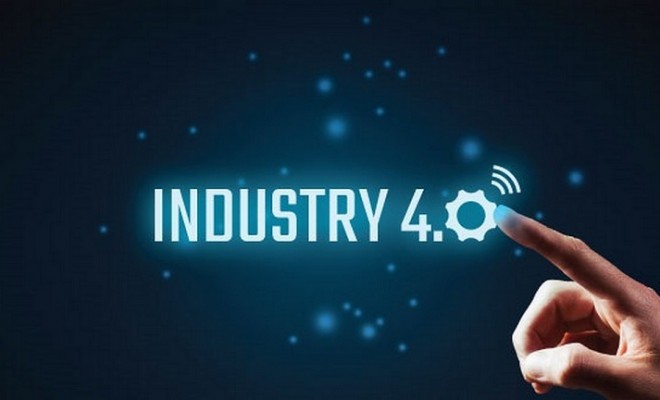
Why we need to redefine trust for the Fourth Industrial Revolution
-Trust is critical to engaging with the political process and is often higher in more stable democracies.
-Trust – in institutions, the media and social ideas – is currently low.
-In the Fourth Industrial Revolution, we need trust to bridge divides between tribes, cultures and systems; from peer-to-peer networks to top-down structures.
Trust can be defined as “a set of socially learned and socially confirmed expectations that people have of each other, of the organizations and institutions in which they live, and of the natural and moral social orders [systems] that set the fundamental understandings of their lives.”
Nowadays, trust is disconcertingly low. Hollywood has been upended by the #MeToo movement and the fall of Harvey Weinstein; from Fox News to Facebook, the media is under fire for fake news and filter bubbles; and the rise of Trump, Brexit and other nationalist movements are highlighting political polarization. They may seem like unrelated issues but all are part of a larger undercurrent.
Researchers have pointed to the important role trust plays in the health of democracy. Trust has been identified as a crucial component of “political orientation” – a willingness to engage in the political process. Historically, it has been high in stable democracies. Research shows a link between democracy and trust, one that is also interconnected with life satisfaction.
We should be deeply concerned about the trust-democracy-life-satisfaction nexus, particularly when it comes to young people. Teenagers believe society is unfair and not everyone has an equal opportunity to succeed. The life satisfaction of youth between 11-15 years old has decreased. Young people display lower levels of trust in politics and business and these figures are declining. We are seeing the rise of Generation Disillusion – a cohort of young people who have been let down by the system and are increasingly hostile towards it.
Συνέχεια ανάγνωσης εδώ
Πηγή: www.weforum.org




